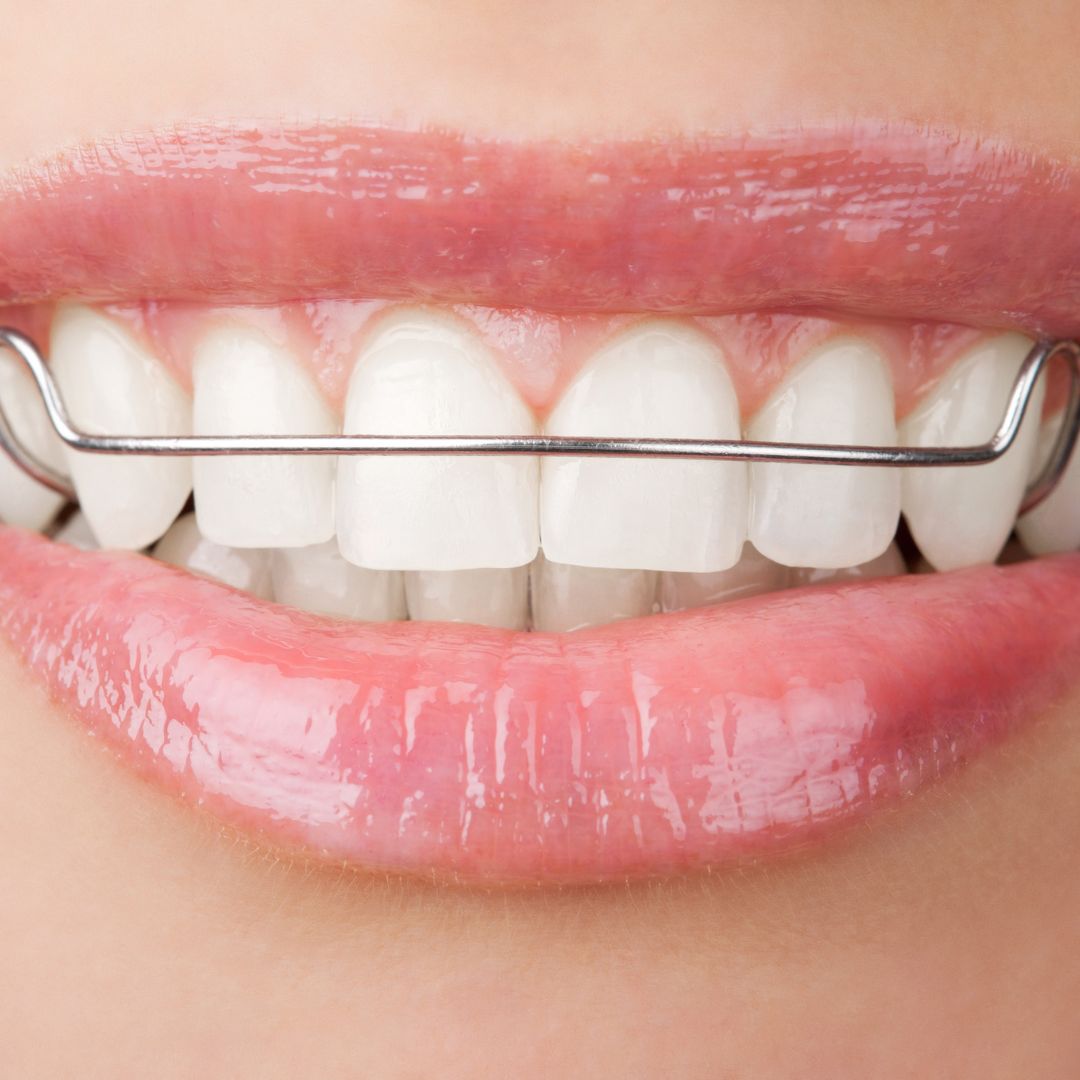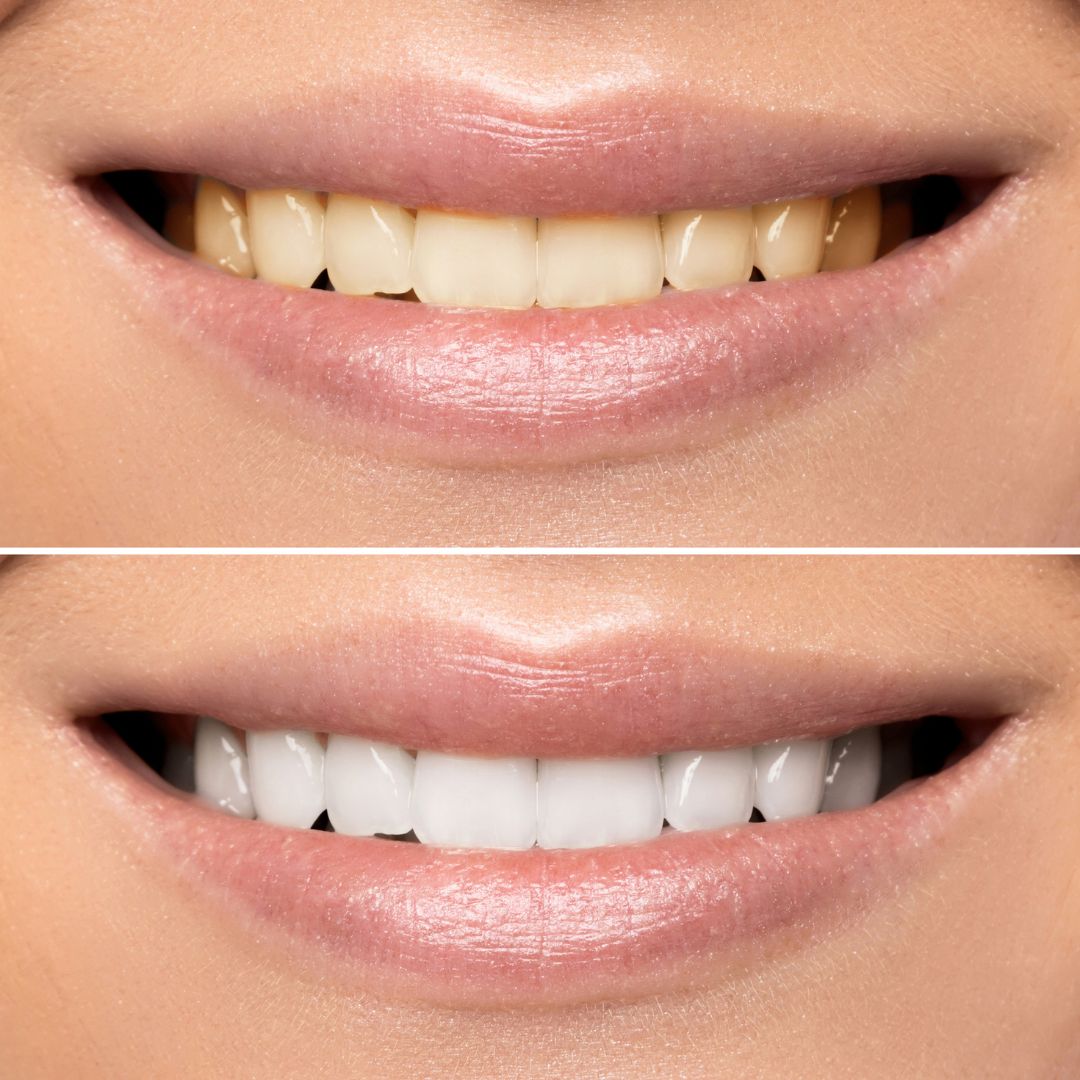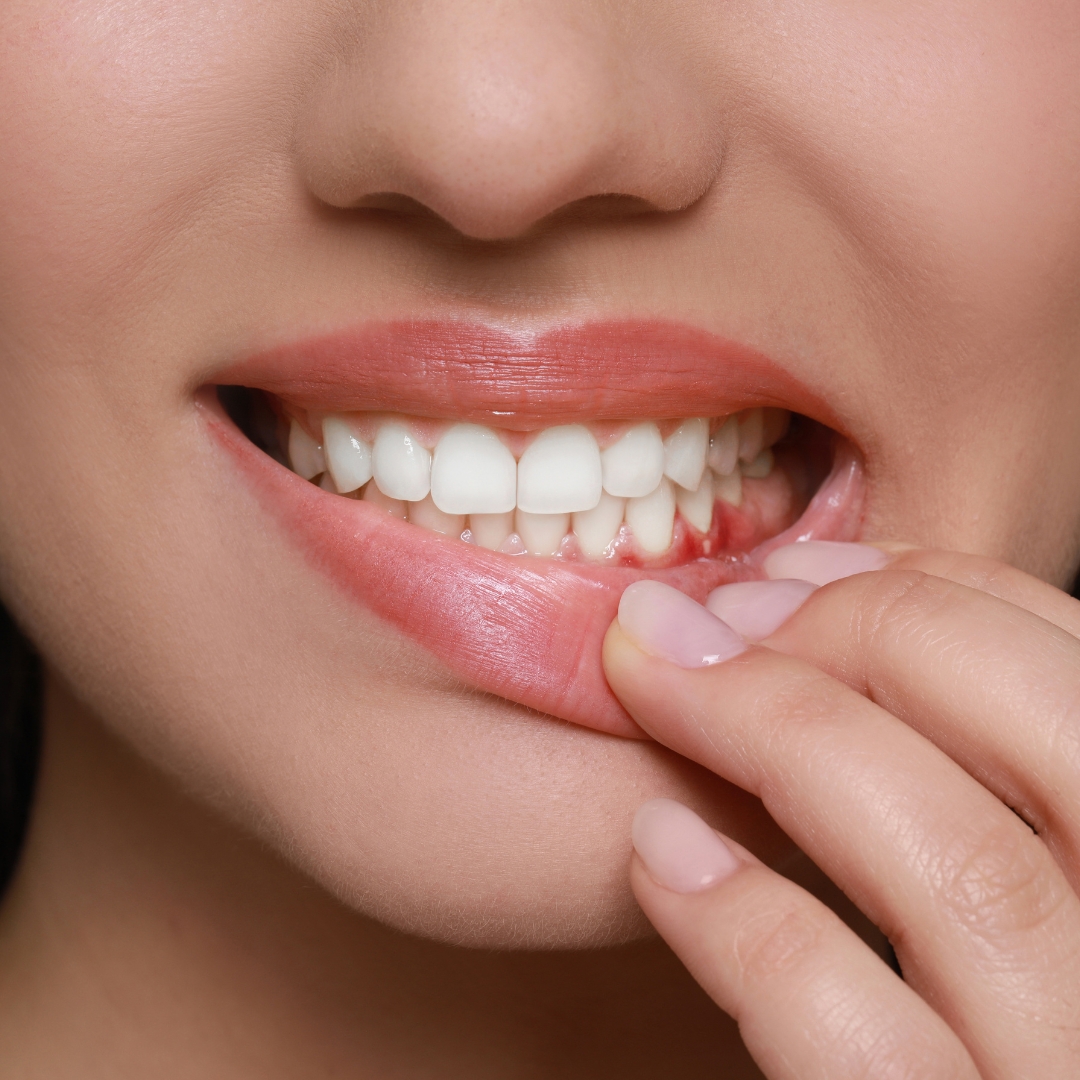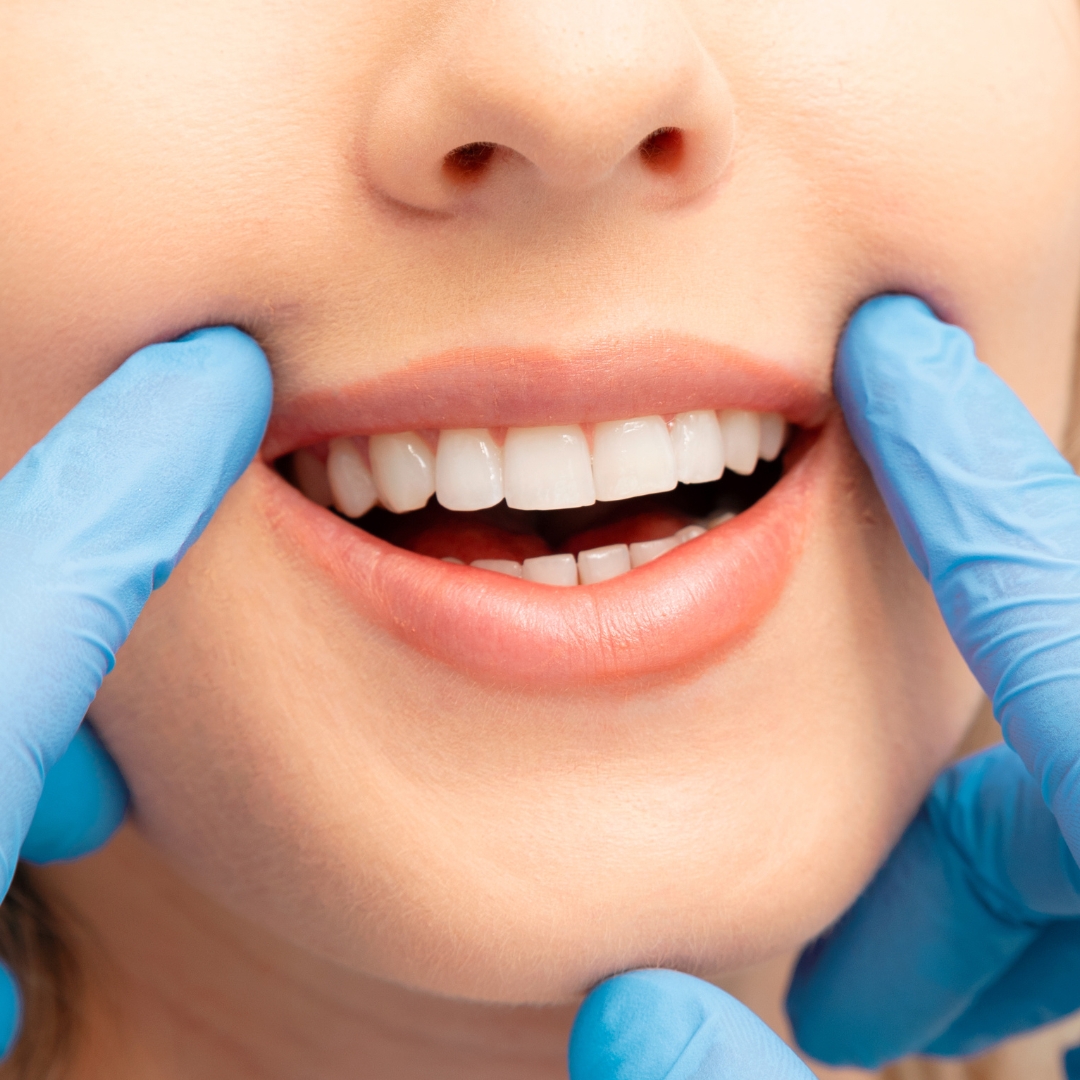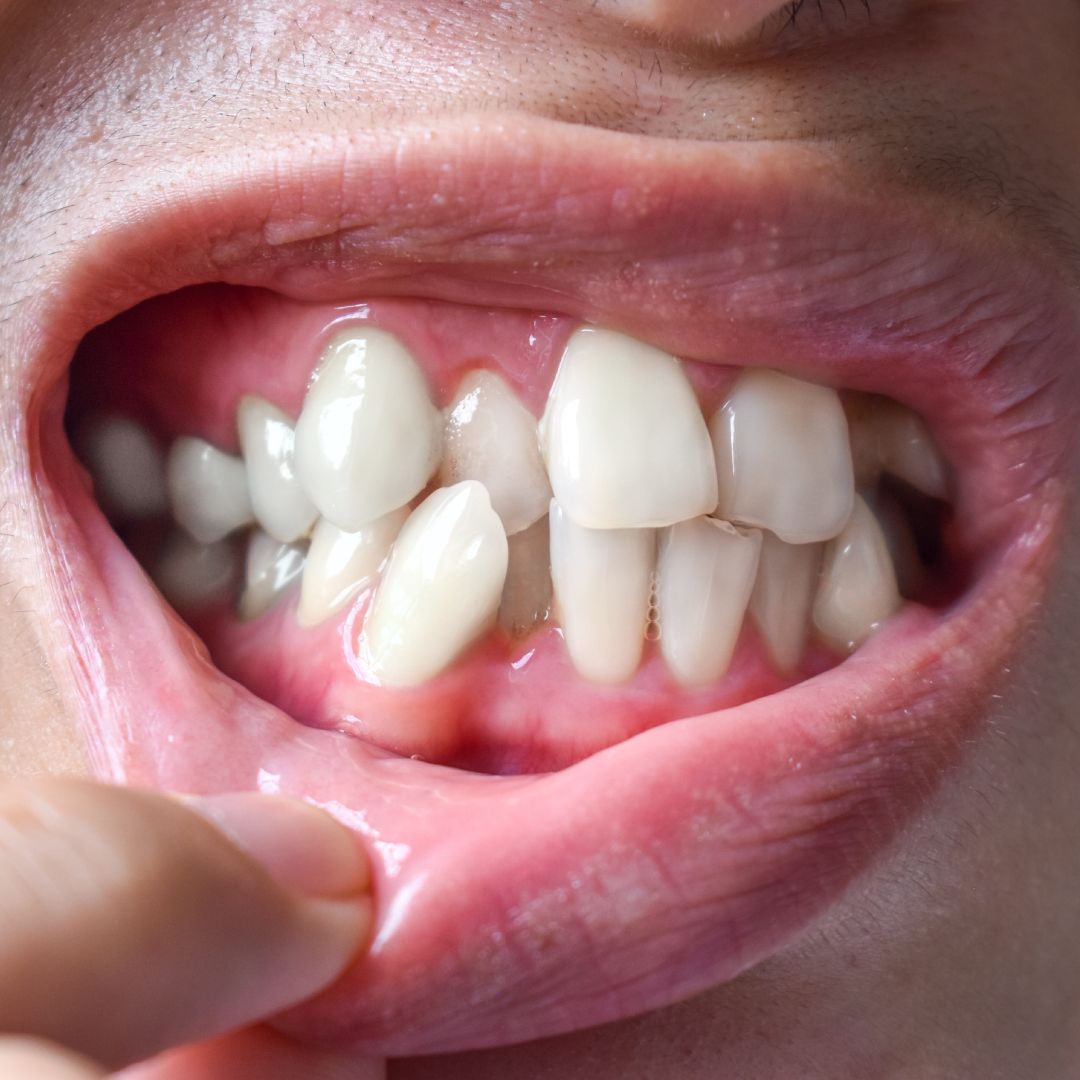Dry Mouth Causes and Treatments Explained by St Clair Dentists
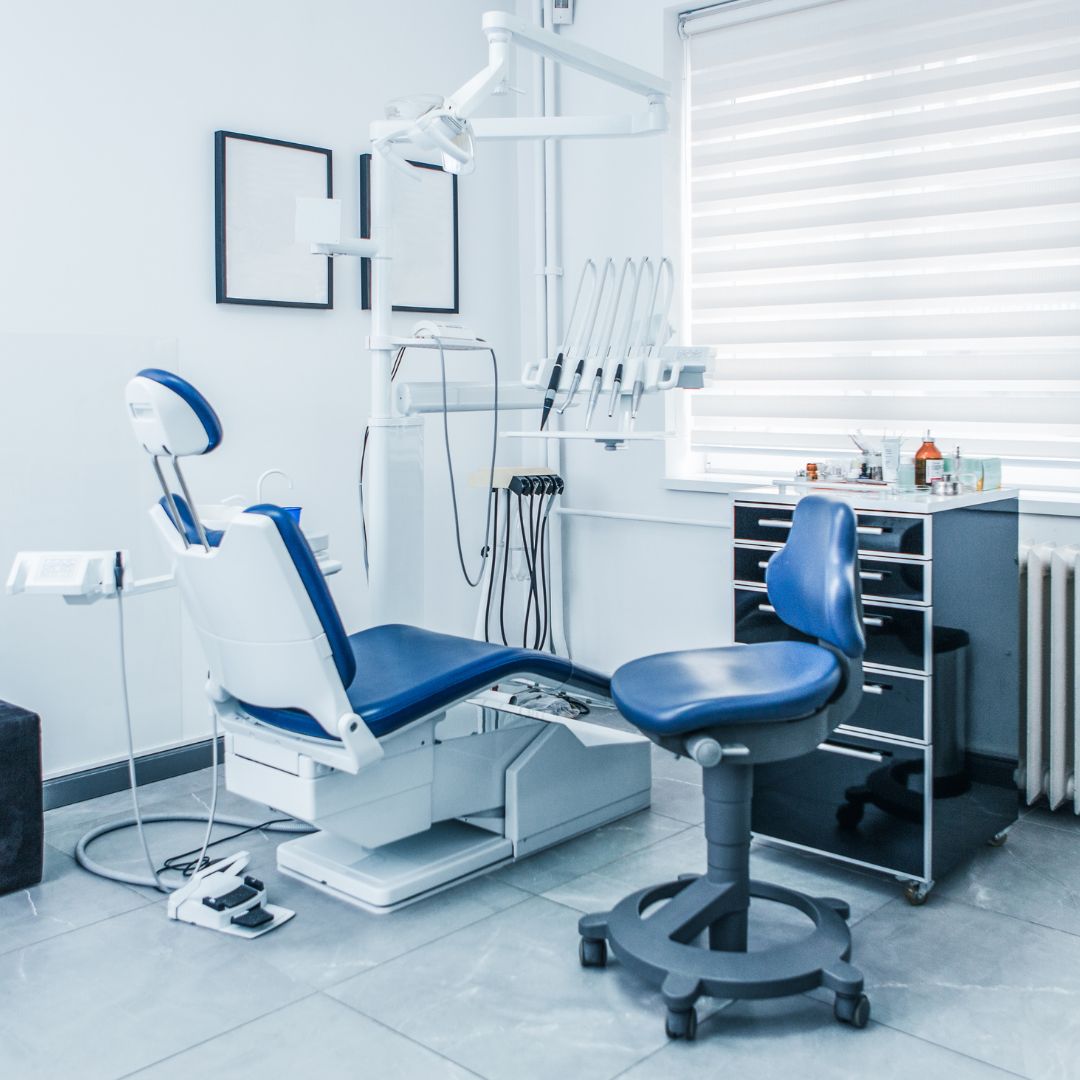
Strong8k brings an ultra-HD IPTV experience to your living room and your pocket.
Ever felt like your mouth has been taken over by the Sahara Desert? That sticky, parched sensation known as dry mouth, or xerostomia in dental terms, is more than just a minor annoyance. It’s a common complaint we hear from patients right here in our clinic, and it’s something that shouldn’t be ignored. Saliva is your mouth’s unsung hero—it helps you taste and digest food, makes speaking and swallowing comfortable, and, most importantly, provides a constant defence against tooth decay and gum disease. When that saliva flow slows to a trickle, it can have some serious consequences for your oral health. Let's take a look at what causes this condition and what a St Clair dentist can do to help you find relief.
What Exactly is Dry Mouth?
Dry mouth occurs when the salivary glands in your mouth don't produce enough saliva to keep your mouth moist. While everyone gets a bit of a dry mouth from time to time—perhaps from being nervous before a big presentation or a bit dehydrated after a long run—chronic xerostomia is a persistent problem.
The common symptoms go beyond just feeling thirsty. You might experience:
- A sticky, dry feeling in your mouth and throat.
- Thick, stringy saliva.
- Trouble chewing, swallowing, or even talking.
- A rough, dry tongue.
- A sore throat or a burning sensation in the mouth.
- Bad breath (halitosis).
- A change in your sense of taste.
- For denture wearers, increased discomfort and problems keeping them in place.
What’s Causing My Mouth to Feel Like a Desert?
Dry mouth isn't a disease itself but rather a symptom of an underlying issue. There are numerous culprits, and pinpointing the cause is the first step towards effective treatment.
1. Medications: The Number One Offender
This is, by far, the most common cause. Hundreds of medications, both prescription and over-the-counter, list dry mouth as a side effect. These include drugs for treating depression and anxiety, antihistamines for allergies, decongestants, blood pressure medications, muscle relaxants, and pain killers. If you’ve recently started a new medication and noticed symptoms, it could be the reason.
2. Lifestyle Habits
Your daily habits play a big role. Regularly breathing through your mouth instead of your nose can dry out oral tissues. Smoking or chewing tobacco is another major factor, as it affects saliva production and irritates your mouth. Excessive consumption of alcohol and caffeine can also have a dehydrating effect, leading to a temporary but noticeable dry mouth.
3. Medical Conditions and Treatments
Certain health conditions can directly impact your salivary glands. Autoimmune diseases like Sjögren's syndrome and rheumatoid arthritis can cause the body to attack its own moisture-producing glands. Diabetes, particularly when blood sugar levels are poorly controlled, can also lead to dry mouth. Furthermore, treatments for cancer, such as chemotherapy and radiation therapy to the head and neck, can damage the salivary glands, sometimes permanently.
4. Dehydration and Ageing
Sometimes the cause is as simple as not drinking enough water throughout the day. Dehydration from fever, excessive sweating, or illness can lead to temporary dry mouth. While ageing itself doesn't directly cause xerostomia, older adults are more likely to be on medications that cause it and to have health conditions that contribute to the problem.
Finding Relief: Treatments and Management Strategies
The good news is that you don't have to put up with the discomfort and risks associated with dry mouth. The approach to treatment often involves a combination of professional care and at-home strategies.
Professional Help from Your St Clair Dentist
Your first port of call should be a dental check-up. A dry mouth significantly increases your risk of cavities and gum disease because there isn't enough saliva to wash away food debris and neutralise acids produced by plaque. This is where preventive dentistry becomes absolutely crucial. Your St Clair dentist will:
- Assess the situation: They will examine your mouth, review your medical history and medications, and help identify the likely cause.
- Boost your defence: Regular check-ups and cleans are non-negotiable. They might also recommend professional fluoride treatments, varnishes, or prescription-strength fluoride toothpaste and mouth rinses to strengthen your teeth against decay.
- Recommend saliva substitutes: For immediate relief, they can suggest over-the-counter saliva substitutes. These come as sprays, gels, or rinses that help to lubricate your mouth.
- Prescribe saliva stimulants: In some cases, your dentist or doctor may prescribe medication designed to stimulate saliva production, such as pilocarpine.
At-Home Strategies for Daily Comfort
Managing dry mouth is also about making smart choices every day:
- Sip water constantly: Keep a water bottle handy and take small sips throughout the day.
- Chew sugar-free gum or suck on sugar-free lollies: This stimulates your natural saliva flow. Look for products containing xylitol, which can also help prevent cavities.
- Avoid irritants: Cut back on caffeine, alcohol, and acidic or spicy foods that can irritate a dry mouth. If you smoke, this is another powerful reason to quit.
- Use a humidifier: Running a humidifier at night, especially in your bedroom, can add moisture to the air and help reduce morning dryness.
- Breathe through your nose: Make a conscious effort to breathe through your nose, not your mouth.
- Maintain excellent oral hygiene: Brush with a soft-bristled toothbrush and fluoride toothpaste after every meal and floss daily.
In summary, dry mouth is more than a simple inconvenience; it's a condition that can seriously compromise your oral health and quality of life. By understanding its causes, from medications to medical conditions, you can take proactive steps to manage it. The cornerstone of this management is a strong partnership with your dental team. Through a dedicated focus on preventive dentistry, your local St Clair dentist can provide the professional guidance, treatments, and protective measures needed to keep your smile healthy and comfortable. Don't let a parched mouth get the better of you—book an appointment and get the expert advice you need to bring the relief you deserve.
Your Healthy Smile Dentists
154 Bennett Rd,
St Clair NSW 2759,
Australia
612 9670 6991
Note: IndiBlogHub features both user-submitted and editorial content. We do not verify third-party contributions. Read our Disclaimer and Privacy Policyfor details.



